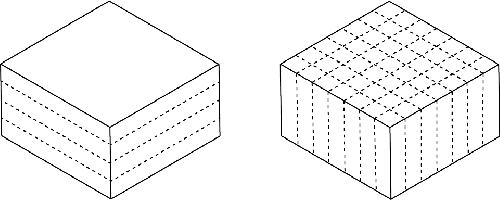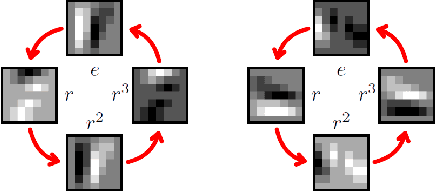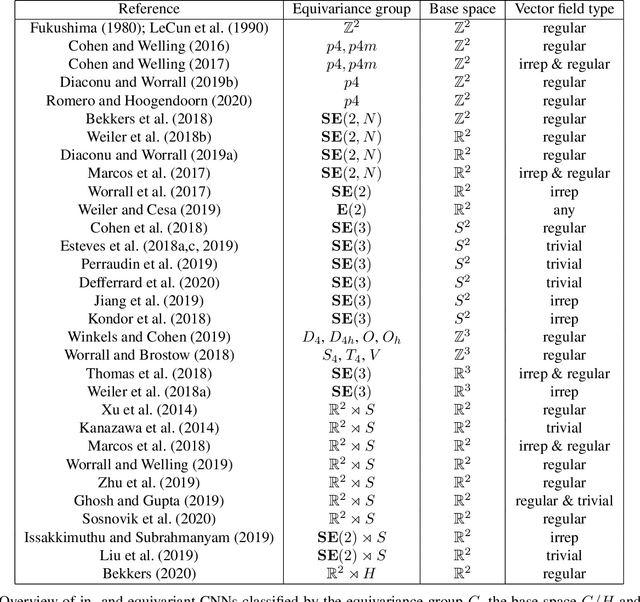Boosting Deep Neural Networks with Geometrical Prior Knowledge: A Survey
Paper and Code
Jun 30, 2020



While Deep Neural Networks (DNNs) achieve state-of-the-art results in many different problem settings, they are affected by some crucial weaknesses. On the one hand, DNNs depend on exploiting a vast amount of training data, whose labeling process is time-consuming and expensive. On the other hand, DNNs are often treated as black box systems, which complicates their evaluation and validation. Both problems can be mitigated by incorporating prior knowledge into the DNN. One promising field, inspired by the success of convolutional neural networks (CNNs) in computer vision tasks, is to incorporate knowledge about symmetric geometrical transformations of the problem to solve. This promises an increased data-efficiency and filter responses that are interpretable more easily. In this survey, we try to give a concise overview about different approaches to incorporate geometrical prior knowledge into DNNs. Additionally, we try to connect those methods to the field of 3D object detection for autonomous driving, where we expect promising results applying those methods.
 Add to Chrome
Add to Chrome Add to Firefox
Add to Firefox Add to Edge
Add to Edge